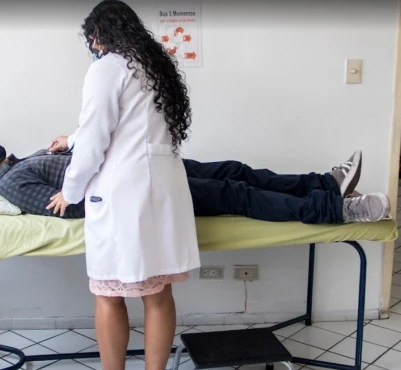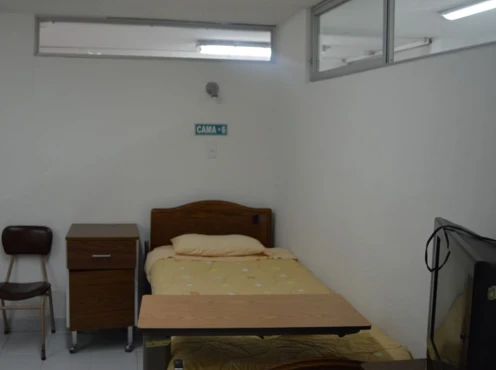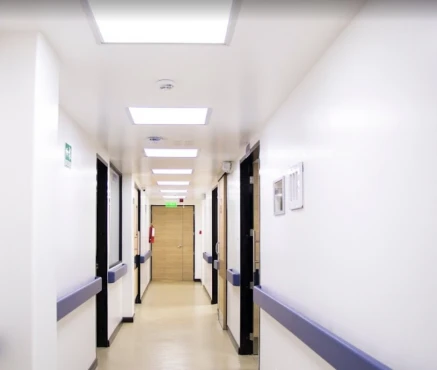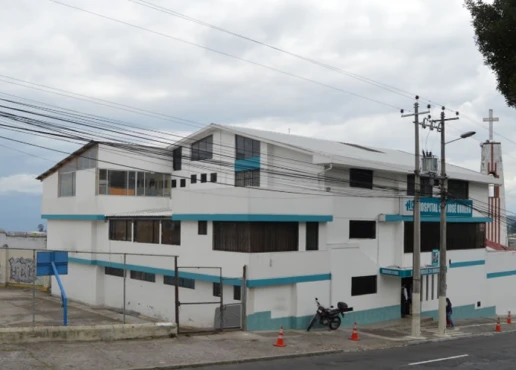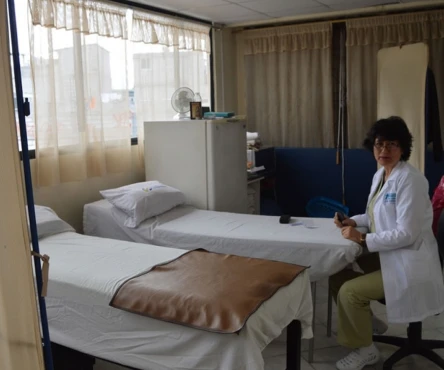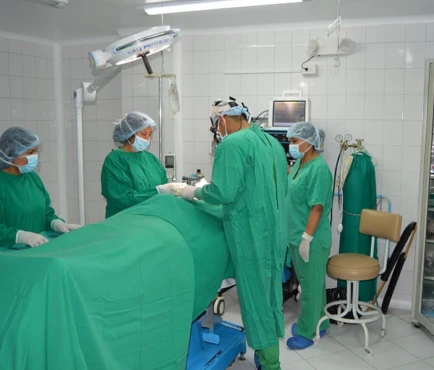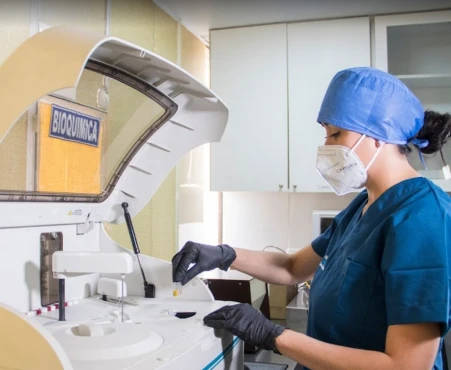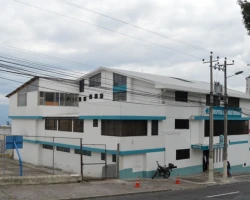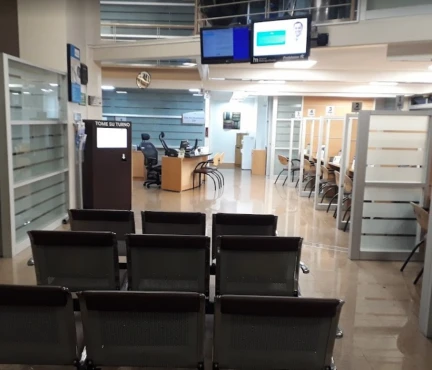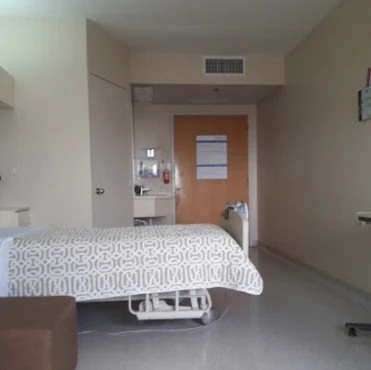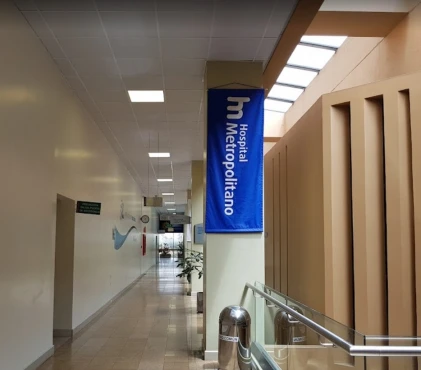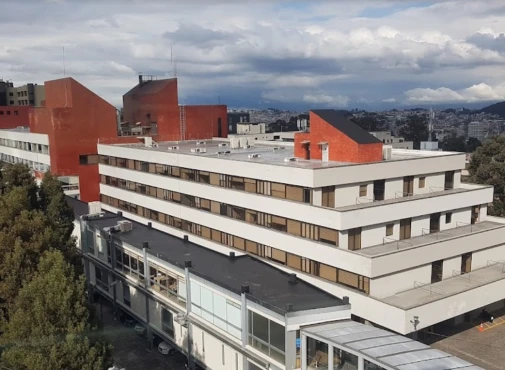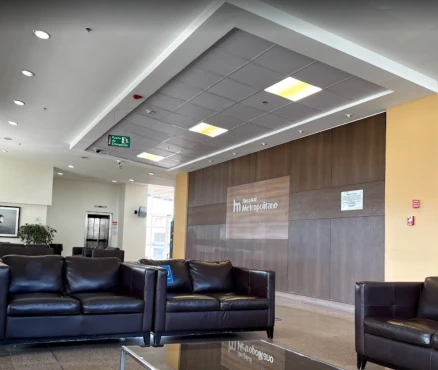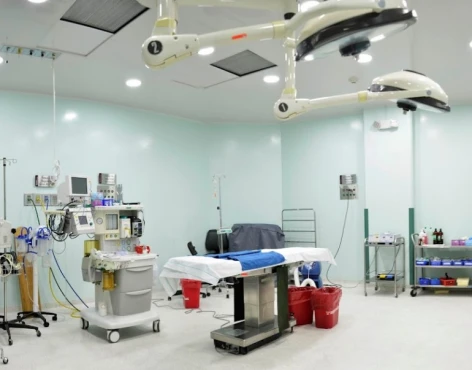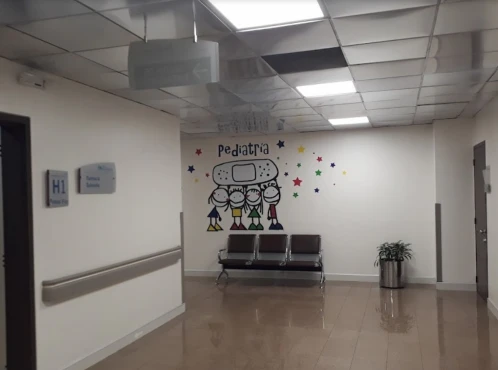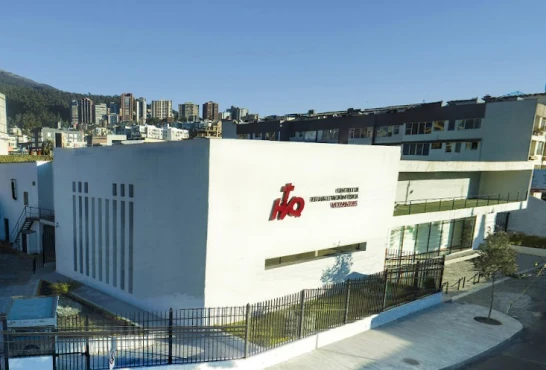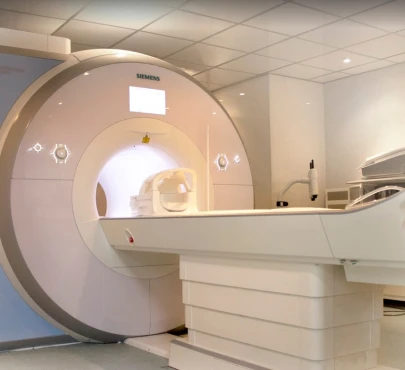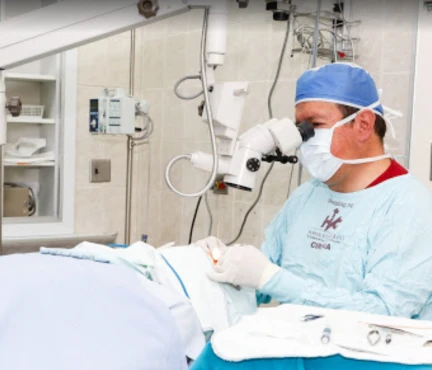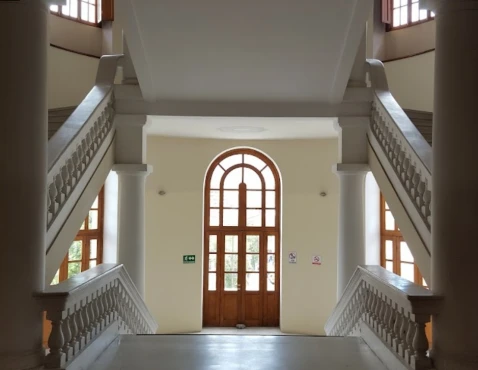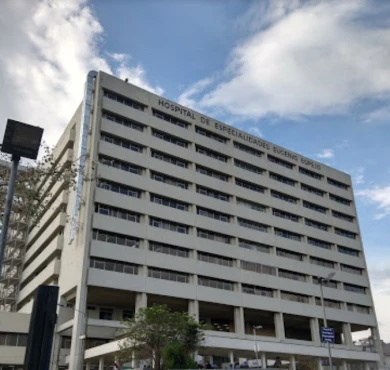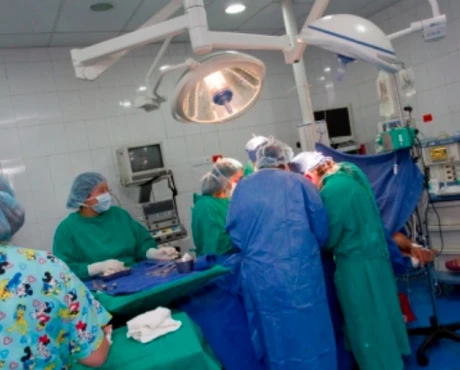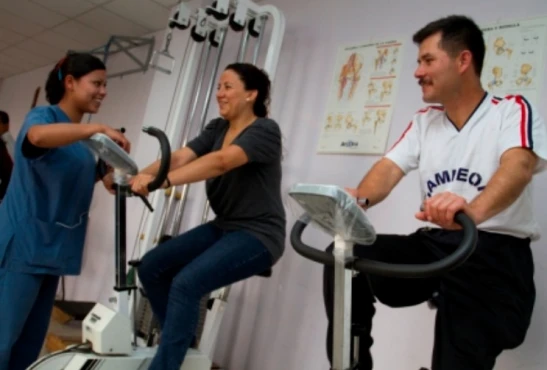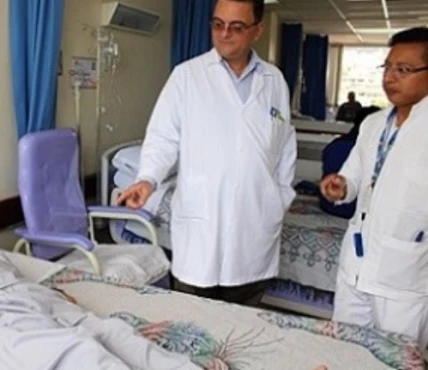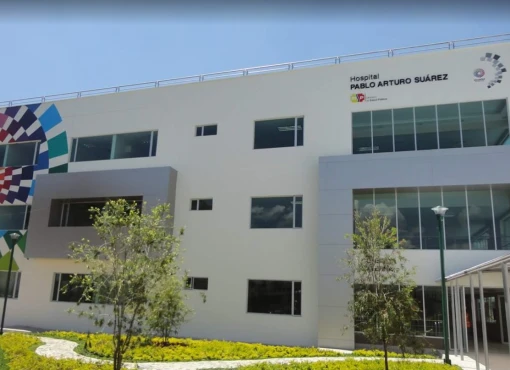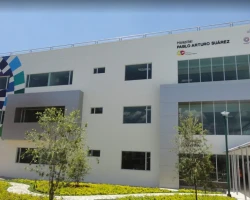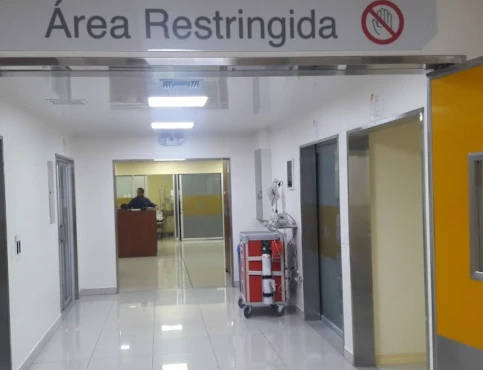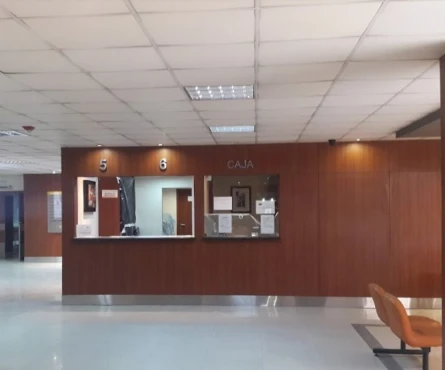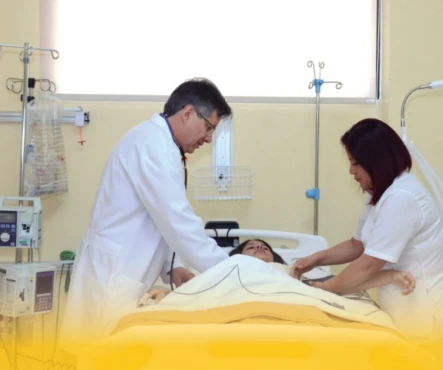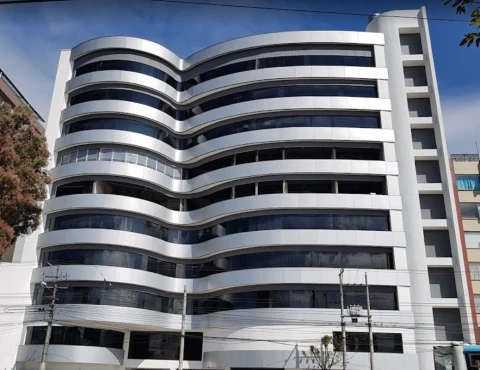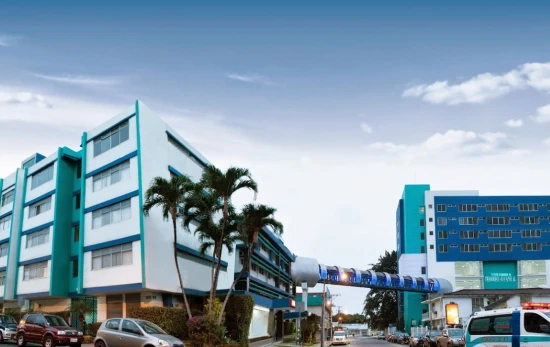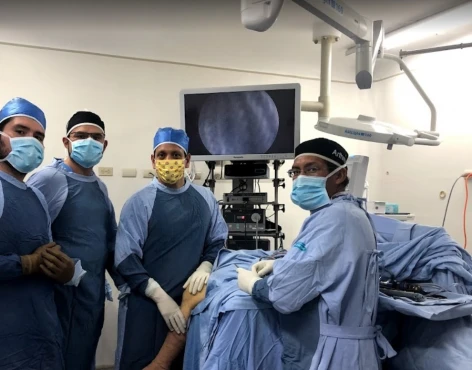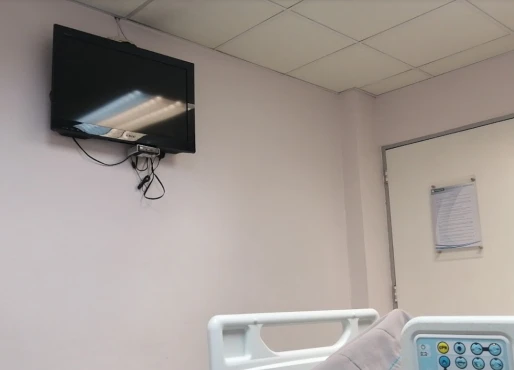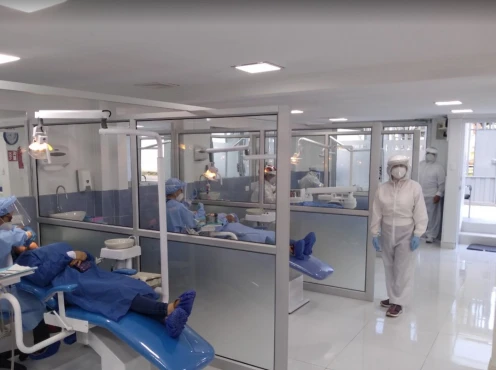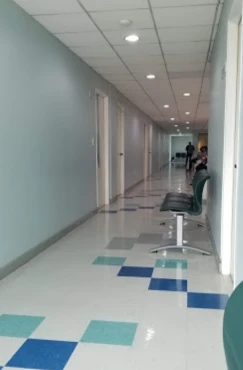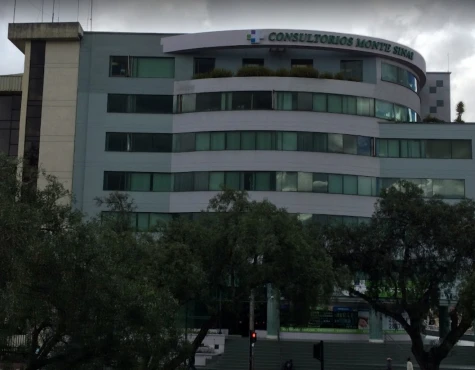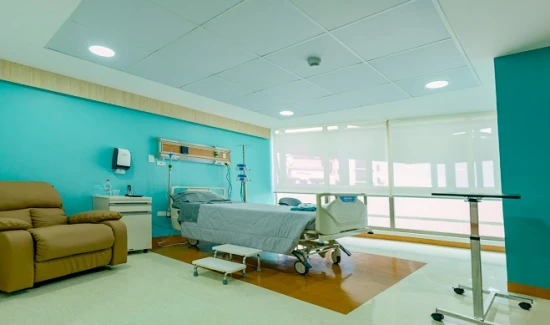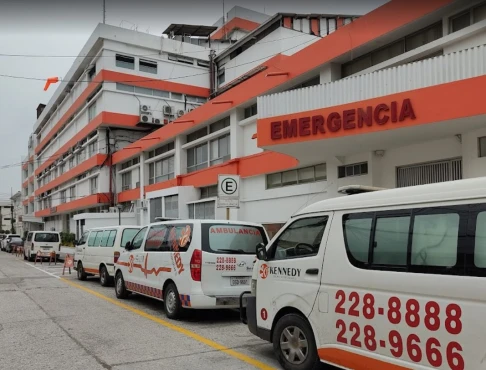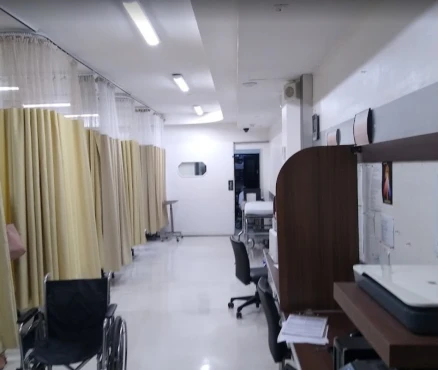Prostate cancer treatment in 3 Oncology clinics in Quito with additional parameter
3 clinics specializing in Oncology providing treatment of
Prostate cancer
Prostate cancer is a malignancy that develops in the prostate gland of males. It is one of the most common cancers among men and can cause urinary and sexual problems as the tumor grows. Early detection and treatment are crucial for better outcomes.
Read more...
disease in Quitowith additional parameter of rating.
Sorted by:
Relevance
Rating
Relevance
Prices for popular procedures:
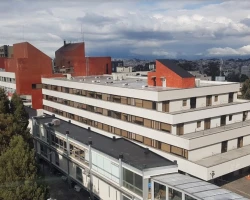
Quito, Ecuador
Specializations: Cardiac surgery, Vascular surgery, Thoracic surgery, Neurosurgery, Spine surgery, Orthopedic surgery, Oncology
Languages: English
At Hospital Metropolitano we work with QUALITY, continuously improving our services. We constantly innovate processes, equipment and infrastructure to meet the needs and expectations of
read more
Prices for popular procedures:
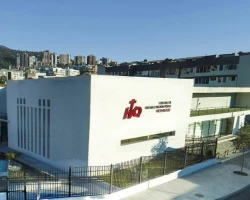
Quito, Ecuador
Specializations: Cardiac surgery, Vascular surgery, Thoracic surgery, Neurosurgery, Spine surgery, Orthopedic surgery, Oncology
Languages: English
We are commited to quality and patient safety. To do this, with the leadership of Senior Management, we work towards the continuous improvement of processes,
read more
Nearby clinics in Ecuador
Perhaps you should consider the following clinics we have found nearby basing on your selection.
Prices for popular procedures:
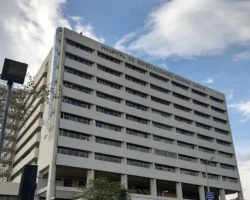
Quito, Ecuador
Specializations: Cardiac surgery, Vascular surgery, Thoracic surgery, Neurosurgery, Orthopedic surgery, Oncology
At the Eugenio Espejo Specialty Hospital, we work under a comprehensive humanistic philosophy, thus fulfilling the mission of providing quality and friendly health services in
read more
Prices for popular procedures:
Prices for popular procedures:
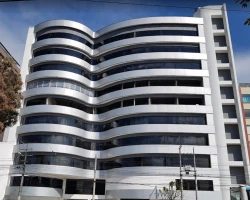
Quito, Ecuador
Specializations: Cardiac surgery, Vascular surgery, Thoracic surgery, Neurosurgery, Spine surgery, Orthopedic surgery, Oncology
We are the materialization of the dream of a group of enterprising doctors, committed to building a different hospital, with an organizational structure drawn horizontally
read more
Prices for popular procedures:
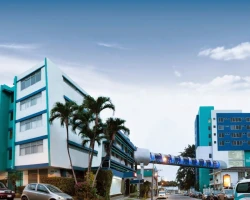
Guayaquil, Ecuador
Specializations: Cardiac surgery, Vascular surgery, Thoracic surgery, Neurosurgery, Spine surgery, Orthopedic surgery, Oncology
Languages: English
The Alcívar Hospital was founded on Thursday, November 25, 1937. It was originally called the Alcívar-Esteves Clinic, as it was directed by Dr. Eduardo Alcívar
read more
Prices for popular procedures:
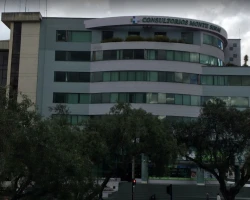
Cuenca, Ecuador
Specializations: Cardiac surgery, Vascular surgery, Thoracic surgery, Neurosurgery, Spine surgery, Orthopedic surgery, Oncology
The Monte Sinaí Hospital is currently the largest Medical Center in the Austro in terms of infrastructure; We have more than 350 offices where more
read more
Prices for popular procedures:
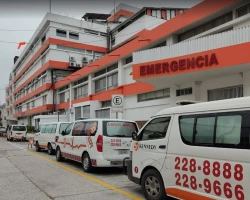
Guayaquil, Ecuador
Specializations: Cardiac surgery, Vascular surgery, Thoracic surgery, Neurosurgery, Spine surgery, Orthopedic surgery, Oncology
We are a Hospital Group that provides medical and diagnostic services, supported by state-of-the-art equipment. We offer quality care with warmth, professionalism, experience and security.
read more
Clinics grouping by rating
Clinic with the highest rating of 4.1 — Hospital Metropolitano in Quito, Ecuador, clinic with the most reviews number of 344 — Hospital Vozandes Quito in Quito, Ecuador.
With rating 4.0 and over — 3 clinics .
Countries with the highest number of clinics treating the diseases:
Prostate cancer:
worldwide
901 clinics
United Kingdom
59 clinics
Brazil
57 clinics
India
50 clinics
Germany
42 clinics
Mexico
38 clinics
Related procedures:
Procedures are likely to be used for Prostate cancer treatment:
Brachytherapy,
Brachytherapy for prostate cancer,
Carbon ion radiotherapy (CIRT),
Chemotherapy for prostate cancer,
and
Cryoablation of the prostate gland
.
